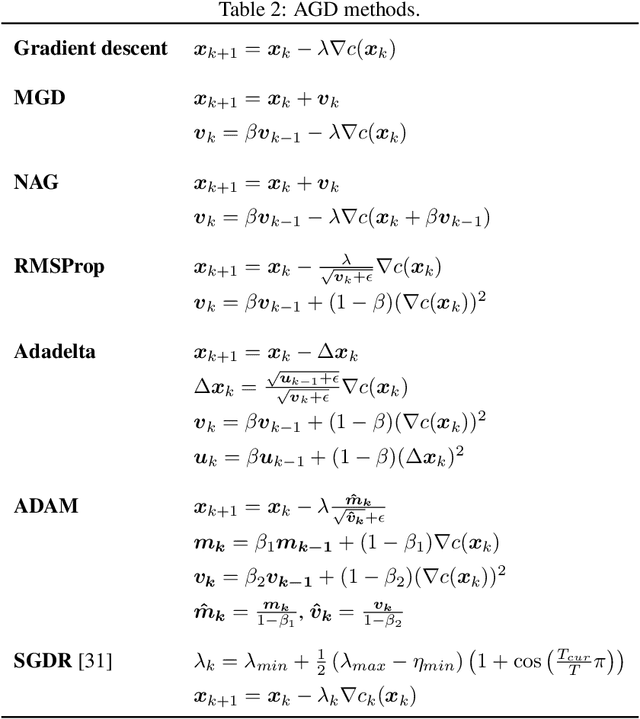Fernando Galetto
A deep learning approach for marine snow synthesis and removal
Nov 27, 2023Abstract:Marine snow, the floating particles in underwater images, severely degrades the visibility and performance of human and machine vision systems. This paper proposes a novel method to reduce the marine snow interference using deep learning techniques. We first synthesize realistic marine snow samples by training a Generative Adversarial Network (GAN) model and combine them with natural underwater images to create a paired dataset. We then train a U-Net model to perform marine snow removal as an image to image translation task. Our experiments show that the U-Net model can effectively remove both synthetic and natural marine snow with high accuracy, outperforming state-of-the-art methods such as the Median filter and its adaptive variant. We also demonstrate the robustness of our method by testing it on the MSRB dataset, which contains synthetic artifacts that our model has not seen during training. Our method is a practical and efficient solution for enhancing underwater images affected by marine snow.
Fast image reverse filters through fixed point and gradient descent acceleration
Jun 21, 2022



Abstract:In this paper, we study the problem of reverse image filtering. An image filter denoted g(.), which is available as a black box, produces an observation b = g(x) when provided with an input x. The problem is to estimate the original input signal x from the black box filter g(.) and the observation b. We study and re-develop state-of-the-art methods from two points of view, fixed point iteration and gradient descent. We also explore the application of acceleration techniques for the two types of iterations. Through extensive experiments and comparison, we show that acceleration methods for both fixed point iteration and gradient descent help to speed up the convergence of state-of-the-art methods.
 Add to Chrome
Add to Chrome Add to Firefox
Add to Firefox Add to Edge
Add to Edge